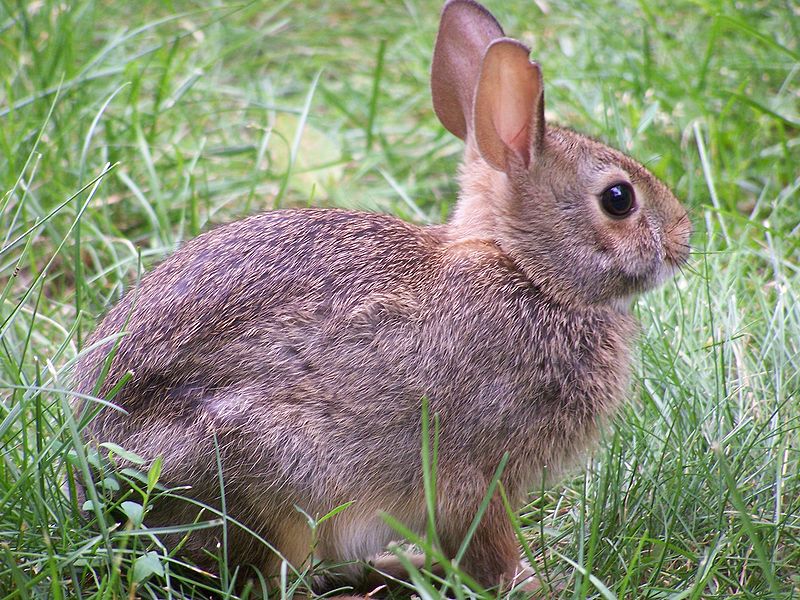A rose by any other name might smell as sweet, but a rose called Beauty's Passion might be expected to sell for more, at least in a bouquet, than one called Blogg's Bud.
Mind you, as a bare-rooted plant the opposite might well be the case. Gardeners are obliged to be terribly practical.
But what of houses? How do names affect their prices? Well, the on-line house-selling site Zoopla has done some research for England. The most expensive houses are to be found, on average in a road called Something Warren.

On the other hand a place in Something Street will cost, on average, much less than the countrywide average price for a house (£184,722 as opposed to £282,978 when the study was done).
Ah yes, you will say, but Something Warren will be a new development, and the name has been deliberately chosen to highlight the swankiness of the neighbourhood.
All right, then, but how about this: a house in a road called Kings Something will sell for 20% more than a house in a Queen's Something.
Rude names lower the price of a house even more. No one, it seems is keen to live in Lancashire's Slag Lane, and as for the hamlet of Piccotts Bottom, which used to be just a few miles away from my house, sadly the place proved to be so unpopular that it's been erased altogether from all but the oldest maps.
And here's a literally odd thing: odd-numbered houses sell for £538 more than even numbered ones - unless the odd number is thirteen, when you'll get £6,500 less for it.
Mind you, that's jolly lucky for the buyers, isn't it.
And they can always re-name their house King's Warren, after all.
Word To Consider Today: warren. Why a word meaning either a collection of rabbit burrows or an area of over-crowded housing should be so desirable as a name for a street I have no idea at all. The word comes form the Anglo-French warenne, and is probably something to do with the Old High German werien, to preserve.
No comments:
Post a Comment
All comments are very welcome, but please make them suitable for The Word Den's family audience.